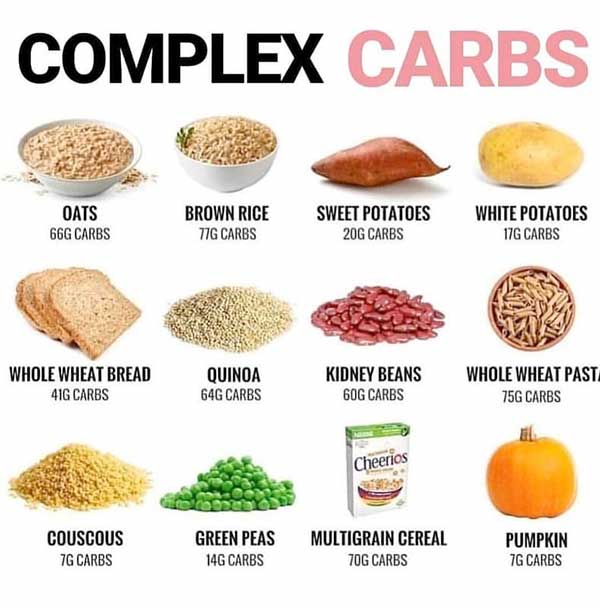A small amount of sugar is a delicious treat and a way to add flavor to food and drinks. But too much sugar is bad for your health. Excess sugar has been linked to inflammation, weight gain and an increased risk of chronic diseases. So how much sugar is too much? Most experts recommend a maximum of 24 to 50 grams of sugar per day (about 9 to 12 teaspoons). Maybe that sounds like a lot more sugar than you eat, but most people seriously underestimate how much sugar they consume. It is estimated that the average American eats 34 teaspoons of sugar per day. If you’re one of the millions of people who overeat sugar, you may be experiencing some surprising side effects.

Problem: You feel sluggish and can’t concentrate
You may think that eating a lot of sugar will give you more energy. In fact, one sure sign that you’re eating too much sugar is that you feel a crash shortly after eating. A so-called “sugar crash” can leave you feeling tired and less alert than usual. This crash is caused by a sudden drop in blood sugar levels. When you eat, your body breaks down carbohydrates into their simplest form, glucose. Eating a lot of sugar can cause your blood sugar to rise rapidly.
In response, your body starts pumping out insulin to move glucose from your blood into your cells, where it can be used as energy. But too much insulin can cause blood sugar to drop below normal levels, leading to a sugar crash. This phenomenon is also known as hypoglycemia or hypoglycemia. Studies have shown that people feel sluggish and less alert an hour after eating sugar.

Solution: Choose complex carbs to avoid a sugar crash
Carbohydrates come in two forms: simple and complex. Simple carbohydrates are sugars, which are quickly broken down into glucose. Eating simple carbohydrates can cause a sudden spike in glucose, followed by a crash. In contrast, complex carbohydrates, which include fiber and starch, take longer for the body to digest. This makes them less likely to cause sugar crashes. Simple carbohydrates include sugar, candy, baked goods, fruit juices, sodas, and some processed foods such as sweet yogurt.
Complex carbohydrates are found in fiber and fruit, whole wheat breads, beans, potatoes, and corn. Compared to simple carbohydrates, these foods will keep you fuller longer and provide you with important nutrients. Even complex carbohydrates like fruit that are high in sugar are less likely to cause a crash because they are high in fiber that slows digestion. For example, an apple has almost nine times more fiber than a glass of juice.

Problem: You’re always hungry and have strong sugar cravings
If you feel like your sweet tooth is insatiable, then you may not be far off track. Eating sugar activates the part of your brain that responds to good things – think sex, drugs, and alcohol – and makes you release a flood of dopamine. Just like any other reward, you may begin to crave the high and want more and more sugar to satisfy your craving. Also, because simple sugars like those found in candy and soda are digested quickly, you may feel hungry sooner after eating sweet foods than after eating more filling foods. Finally, sugar also disrupts the hormone leptin, which signals to the brain that you’re full. One study found that a high-sugar diet made mice less sensitive to leptin signaling. In other words, the more sugar the rats ate, the less full they felt.

